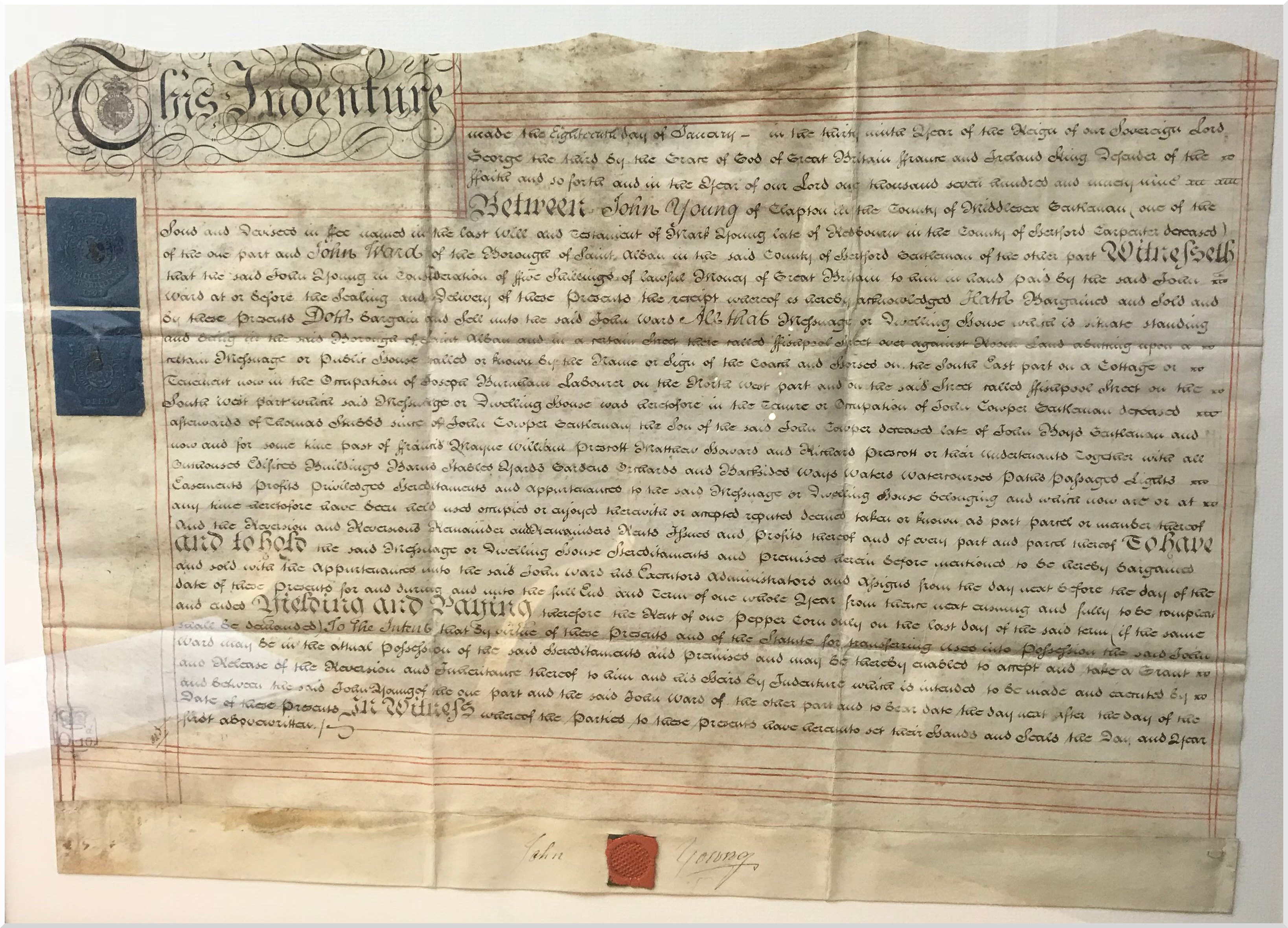We’ve probably all woken up after a night out celebrating and can`t quite remember everything that went on the evening before. We’ve then checked our phones and seen that some of the messages or photos are embarrassing if not downright libellous. Memories of a fun night out maybe, but what if they get into the hands of someone who wants to use the information maliciously? Or if a prospective employer checks out your social media history as a form of character reference?
The “right to be forgotten” already exists under EU law, but these rules only apply to information held on search engines such as Google. Under proposals outlined by the government`s Digital Minister, Matt Hancock, we could soon be much more in control of what happens to our personal information. “The new Data Protection Bill will…give people more control over their data (and) require more consent for its use” Mr Hancock said in a statement.
Proposals included in the draft bill would:
- Simplify the way people can withdraw consent for their data to be used
- Allow people to request that information be deleted
- Require businesses to get “explicit” consent when processing personal data
- Permit the public to view information held on them more easily
The new legislation will put greater responsibility on firms holding personal data, and impose much greater fines on those that fail to adequately protect this information.
The original Data Protection Act dates from 1998 and although amendments and additions have been made over the years technology has moved on so fast that a new Bill is required. As Elizabeth Dunham, the independent Information Commissioner said in July : The digital economy depends on the trust of consumers to engage with it. Trust in both privacy and Freedom of Information regulation is fundamental to democracy”.
For more information see: https://www.gov.uk/data-protection/the-data-protection-act also https://ico.org.uk/






